We head to CU to see what cool projects the students are making for their final projects.
We bid farewell to a SparkFun classic but open the door to the next chapter in project-based blog posts.
It's been a while; today we'll look at serialization using the ArduinoJSON library.
Let's go over when something like an Arduino or Teensy is more appropriate than using a Raspberry Pi.
Overview of a small, home-built cart to make soldering, reworking, and electrical testing easier at home
In a previous blog post we showed off a custom macro keyboard. In this week's post, we update it to make it wireless!
Remember that Magic Mirror? We now have a tutorial surrounding it, and we've done some super sweet formatting with CSS! Check it out!
Let's take a look at the pros and cons of traditional mechanical relays vs solid state relays.
I've been crafting a web interface to update an ESP32 using BLE. Check out the tutorial!
No, we're not talking about hiding in bushes with long zoom lenses waiting to see what Tom Cruise is wearing today...
The current pandemic is creating havoc all over. Supply chain impacts might not be instantly apparent, but manufacturers closing is just the tip of the iceberg.
A short look back at a test-fixture designed to increase efficiency for future development.
Discussing what thermal resistance is, how it’s used for thermal management, and how to maximize the life of your project.
Facing the daunting task of wiring together 192 of the same I2C sensor inspired a creative solution.
Comparing analog and digital temperature sensors TMP36, TMP102 and TMP117. Which is better?




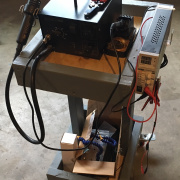
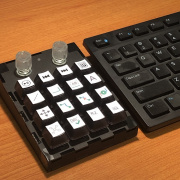
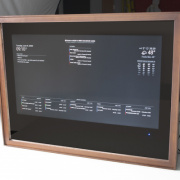
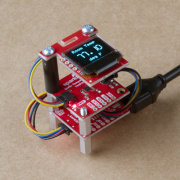
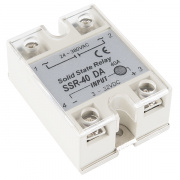
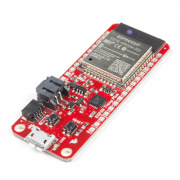
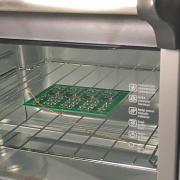

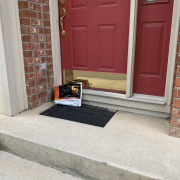
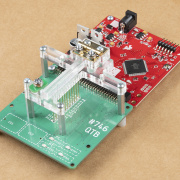
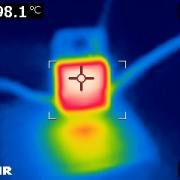
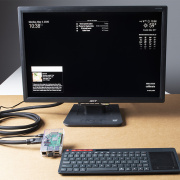

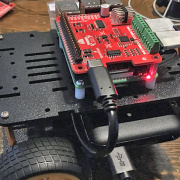
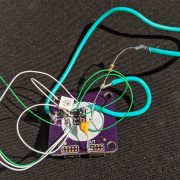
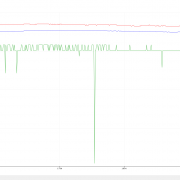
Hi, "For a full wishlist of products for this project, check it out here:" ....but I see no link to anything further. I am hoping you have…